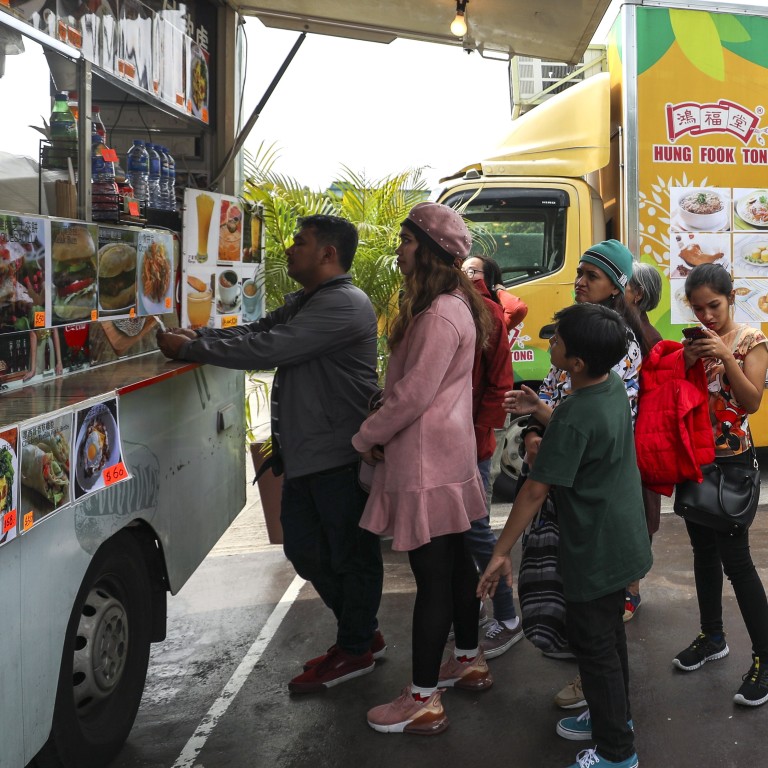
Slump in business adds to woes of Hong Kong’s food truck operators
- Poor locations, inflexible rules hampering 14 food trucks in pilot scheme, operators say
- Business is so bad that some owners leave trucks idle in car parks most of the time
Two food trucks go largely unnoticed near the entrance to Hong Kong Disneyland on Lantau Island, as the upbeat Lunar New Year fills the air on a sunny weekday.
They offer everything from fish balls and siu mai (pork dumplings) to barbecued pork rice with scrambled eggs, hamburgers, chicken tortillas, and spaghetti Bolognese with egg.
“Business is better today. The past few days had been really quiet,” says a cheerful female employee at a truck called Table Seven x W. Burger, whose signature dish is called “Sorrowful Burger”. The other truck is run by herbal tea chain Hung Fook Tong.
Indonesian brand executive Kevala Casabelam, 25, and her friend are among a handful of customers there. “I’m really enjoying the food,” she says. “It’s the first time I’ve tried siu mai in Hong Kong. The price is OK too.”
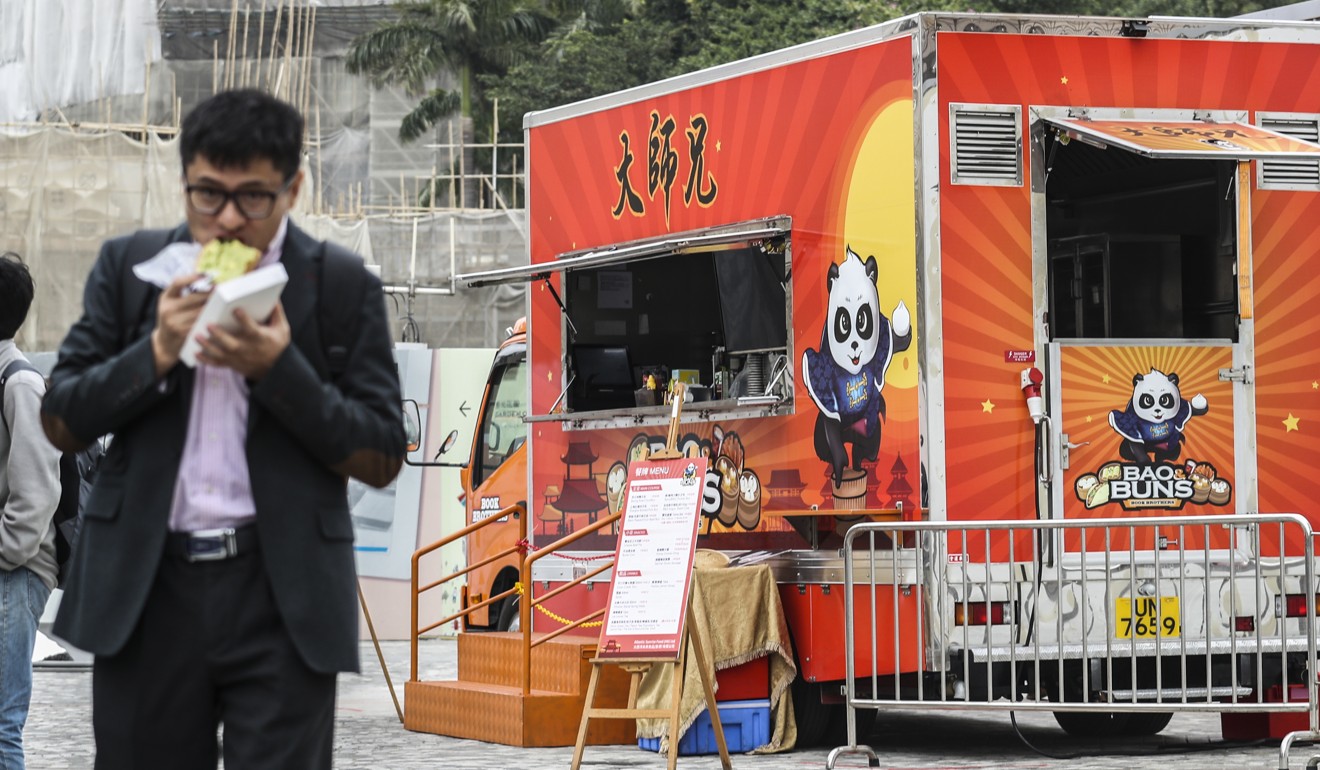
The two eateries on wheels are among 14 food trucks introduced in February 2017 as part of a government pilot scheme that ends in February 2021. Most have been struggling over the past three years and not sure of what lies ahead either.
From the start, the truck operators complained about flaws in the scheme, such as bad locations and inflexible rules about where they could operate.
More than seven months of anti-government protests, which have hit visitor arrivals sharply, have also caused their business to nosedive by about 80 per cent, according to Hong Kong Food Truck Federation chairman and member of the pro-democracy camp Gordon Lam Sui-wa, who owns the Table Seven truck.
Hong Kong’s food trucks are like patients put on a drip. Most have been losing money.
“Hong Kong’s food trucks are like patients put on a drip. Most have been losing money,” Lam, who spent about HK$1 million on his truck, laments. “In the good old days at Disneyland – the best performing spot – my food truck could earn more than HK$20,000 (US$2,571) a day. I also had a record earning of HK$46,000 a day. Now, it is only a few thousand dollars a day.”
He says one operator, Jajambao, which sold buns, called it quits in December, and another, Canton Kitchen Dim Sum Expert, is about to drop out too.
The Tourism Commission says the total gross revenue of all vendors from January to early December last year (2019) was about HK$9.6 million, plummeting 43 per cent from HK$16.9 million in 2018.
In 2019, the number of visitors to Hong Kong dropped to 55.9 million from 65.15 million the year before, dragged down by a 14.2 per cent decline in mainland Chinese tourists.
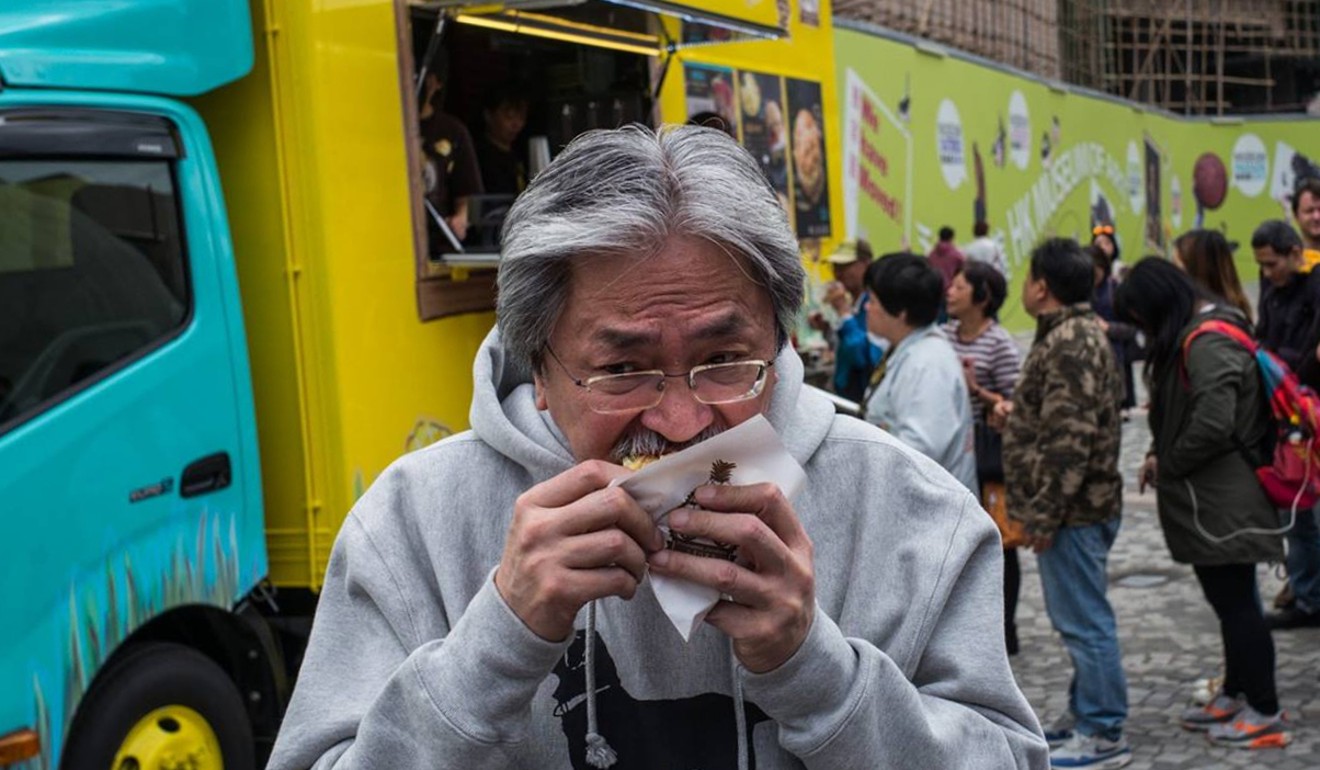
The food truck idea was floated in 2015 by former financial secretary John Tsang Chun-wah. It was touted as a way to spice up the street food scene and boost tourism.
But the 14 trucks in the trial were confined to eight designated locations, and had to rotate through them all, spending two weeks at each spot. Additional locations, such as the one at the Hong Kong-Zhuhai-Macau Bridge, were criticised for being remote and unattractive.
The best spots were at Disneyland, which produced a total revenue of HK$27 million from February 2017 until October last year, followed by Tsim Sha Tsui Art Square which raked in HK$4.45 million, and Salisbury Garden, with HK$4 million. Other locations such as Wong Tai Sin Square grossed below HK$1 million over that period.
Ailing food truck scheme extended for two years, but operators seek more help
Most trucks now operate only at Disneyland and Tsim Sha Tsui, and shun the other spots, preferring not to operate at all.
Lam takes his truck to Disneyland only. He admits he is among the lucky few who have managed to break even, although he has cut costs and shares seven part-time workers with two other vendors.
Inspired by the 2014 film Chef, about a man who quits his restaurant job to open a food truck, Lam, a foodie, thought this would be a good way to promote Hong Kong’s street food culture.
The initial response was enthusiastic, but that proved short-lived.
“In the beginning, business was really good and I had to turn out 500 to 600 burgers a day,” he recalls. “But the craze subsided in two months.”
He blames “bad locations and the government’s inflexible approach” for the downturn.
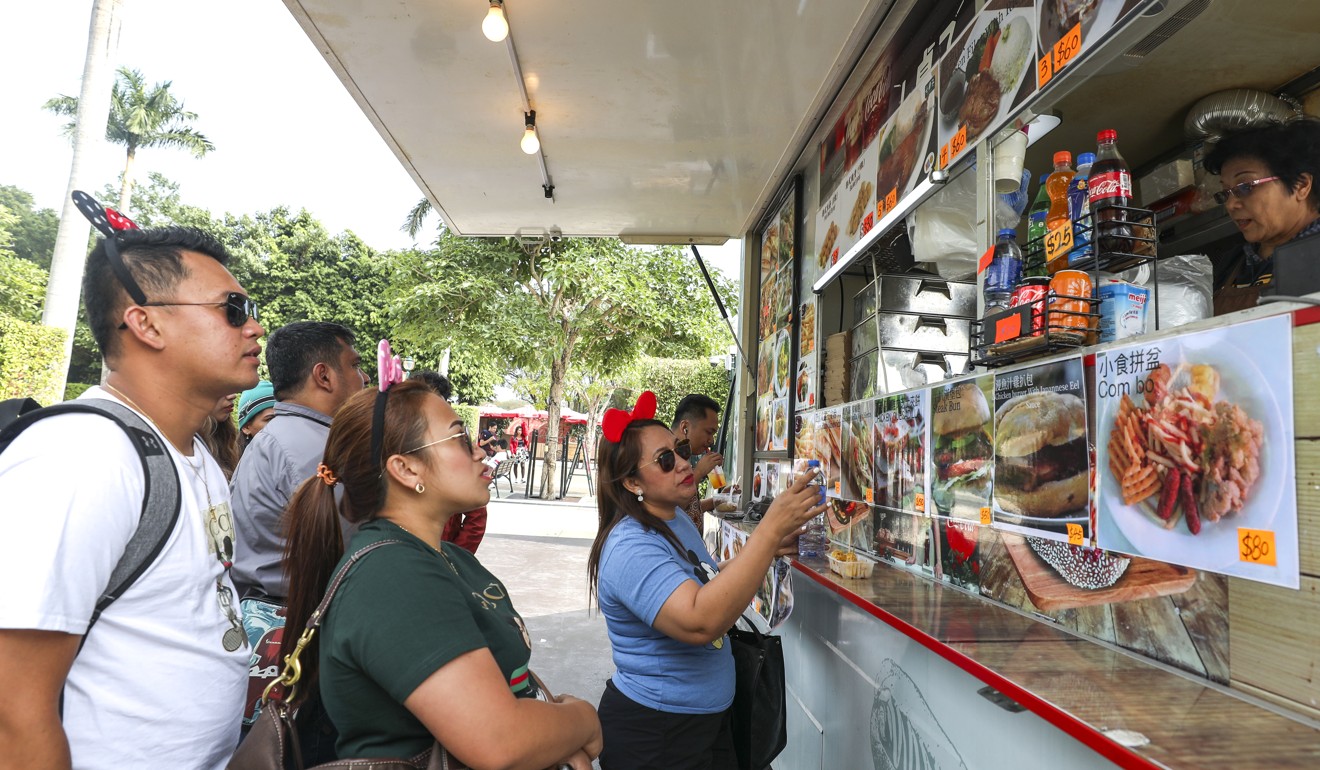
“Some spots are situated in hidden corners, such as the ones in Kwun Tong, Central, and Ocean Park,” he says.
Although Golden Bauhinia Square is popular with visitors, he says those on guided tours do not stay long as the square remains a quick stop on their itinerary. At Wong Tai Sin Square, the trucks find it hard to compete with many eateries operating in the area.
Lam says he and other vendors suggested alternative venues such as at the Clock Tower in Tsim Sha Tsui, on beaches, and at country parks, and sought approval to take their trucks to private events including concerts or corporate functions.
To demonstrate the possibilities, he even held a food truck wedding event when he got married in October 2017.
Why Hong Kong’s food truck scheme is failing to get into gear
“All these ideas were turned down by the government for different reasons,” he says. Accusing commerce minister Edward Yau Tang-wah of ignoring the concerns of the food truck operators, he adds: “We have been left out in the cold to perish gradually.”
Ben Liu Chun-ho, 46, owner of Ma Ma’s Dumpling in Yuen Long, says he spent more than HK$1.28 million on his food truck, and had high hopes for the venture, but he is now running at a loss.
“I thought this idea was very refreshing and something new for Hong Kong, and would be profitable,” he recalls.
But he went from earning more than HK$40,000 a day initially, to days when he made only a few hundred dollars at the Tsim Sha Tsui venue.
For the past year, he has been running his food truck only at Disneyland for two weeks every four months. The rest of the time, he leaves it idle at a car park, paying HK$5,000 a month.
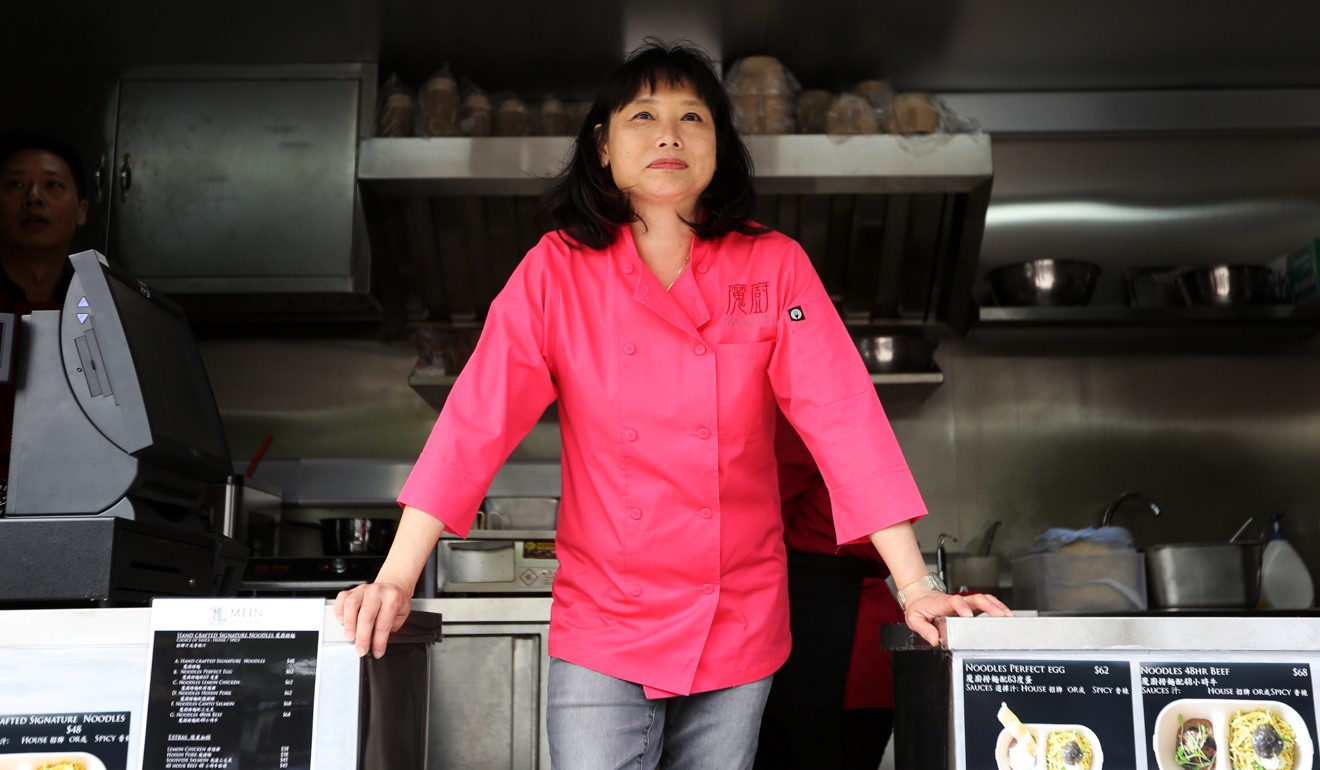
“This has been an expensive lesson to learn,” Liu says. “If I could turn back the clock, I would have never joined this scheme.”
However, Liu and Lam still believe there could be hope for food trucks, if the government let them move about.
“Food trucks shouldn’t be confined to certain locations,” Liu says. “They should be allowed to move to spots such as beaches or country parks. Mobility is the biggest advantage and unique character of food trucks.”
Food truck operator calls it quits after losing HK$800,000 in just four months
Maureen Loh, 54, who runs Mein by Maureen, a food truck selling lo mein noodles, feels the scheme needs to be more flexible.
She spent about HK$1 million on her food truck and hoped to turn a profit after a year, but is barely breaking even now.
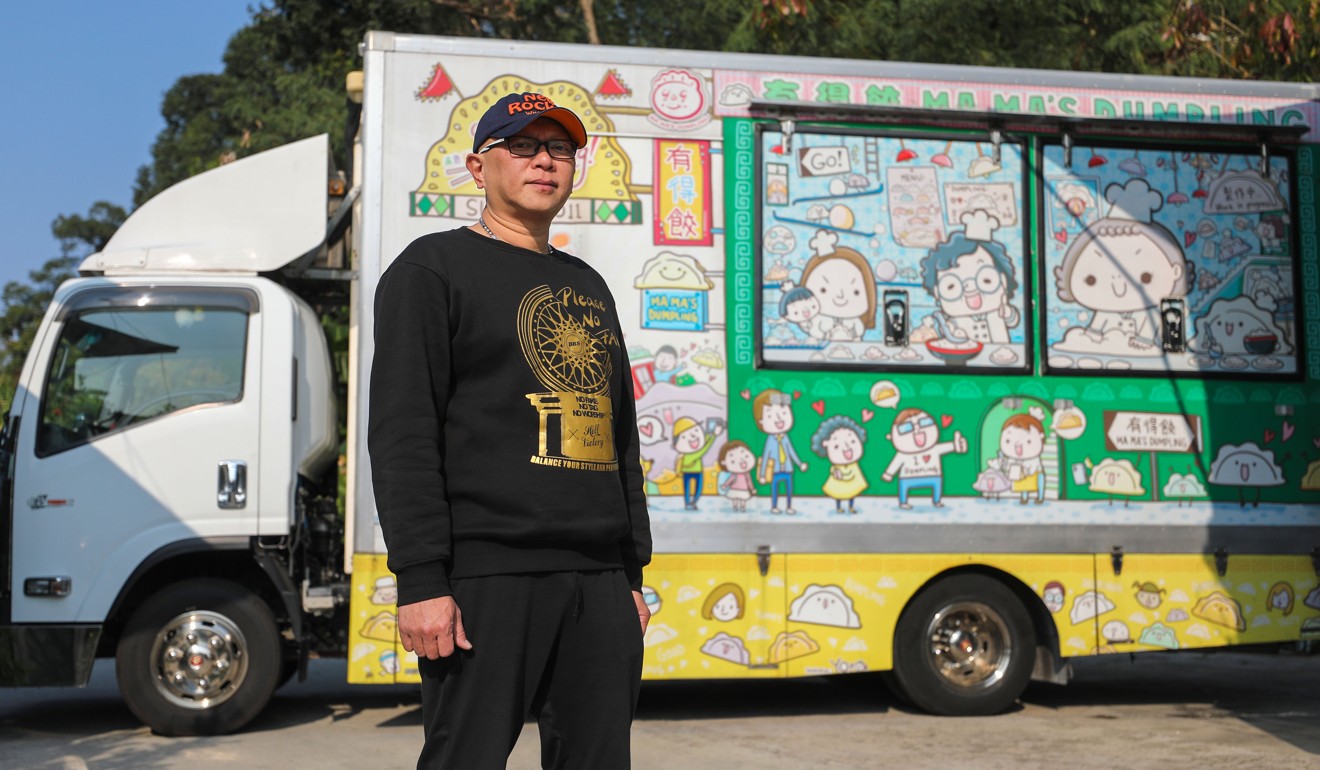
Aside from the poor locations, she points to stiff competition from restaurants and street stalls. “Hong Kong is full of eateries. Many prefer to sit comfortably in a restaurant, especially during bad weather,” she says.
The anti-government protests also hit her business hard, as she avoided protest zones such as Tsim Sha Tsui. Like Liu, she now leaves her truck at a car park except when she has her turn at Disneyland.
If more locations and business models are rolled out, there will still be a market for the food trucks
Loh called for more government support for the food trucks, including better locations, more rental subsidies, and flexibility to operate at private events.
“The government shouldn’t view it as a tourism project only,” she says. “That is narrowing down its scopes.”
Despite her disappointment, Loh says she learned a lot from her foray into the business. “I’ve enjoyed the whole process, especially designing my food truck. I don’t have any regrets,” she says.
Some others feel it is time to pull the plug on the venture.
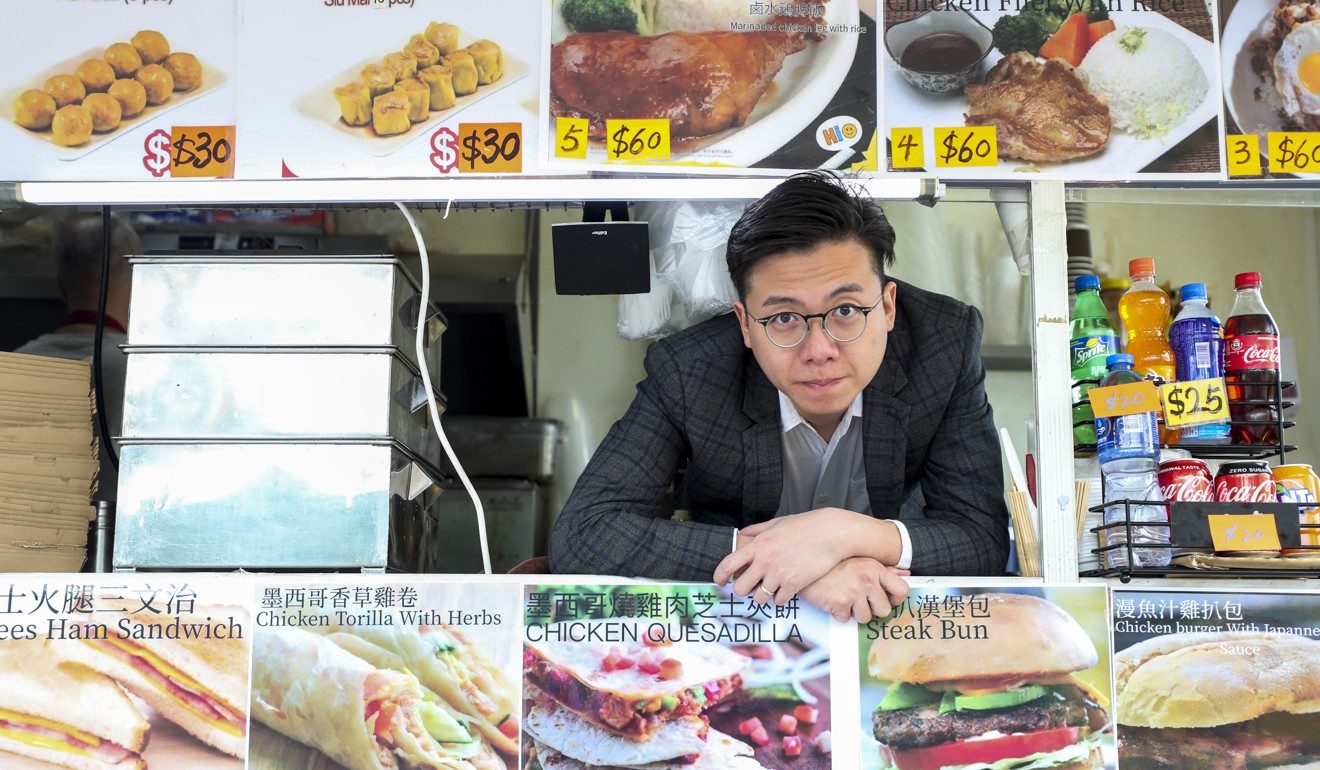
Economist Andy Kwan Cheuk-chiu, director of ACE Centre for Business and Economic Research, says: “There is no point in continuing the scheme which is fraught with inadequacies. Food trucks can’t survive under the current difficult circumstances.”
Given the mix of bad locations, lack of tourists, high start-up costs and stiff competition from restaurants, he adds: “There’s no way to rescue the business.”
Simon Lee Siu-po, co-director of the international business and Chinese enterprise programme at Chinese University is less pessimistic and says the government should extend the scheme beyond next year to give vendors more time to recover their costs.
Food trucks scheme leaves operators with a bad taste in the mouth
He thinks it may help if the government weeds out underperforming trucks and allows just four or five vendors, while also cutting red tape to provide them more support.
“The scheme should be revamped. If more locations and business models are rolled out, there will still be a market for the food trucks,” Lee says.
A spokeswoman for the Tourism Commission says it introduced some relief measures for food truck operators, such as fee waivers for various food licences and a 50 per cent rental cut for six months at government venues.
“We are aware that the business is in a difficult environment, so a number of help measures have been implemented,” she says, adding that the authorities remain open to looking for new venues and rolling out more refinements to the scheme.

